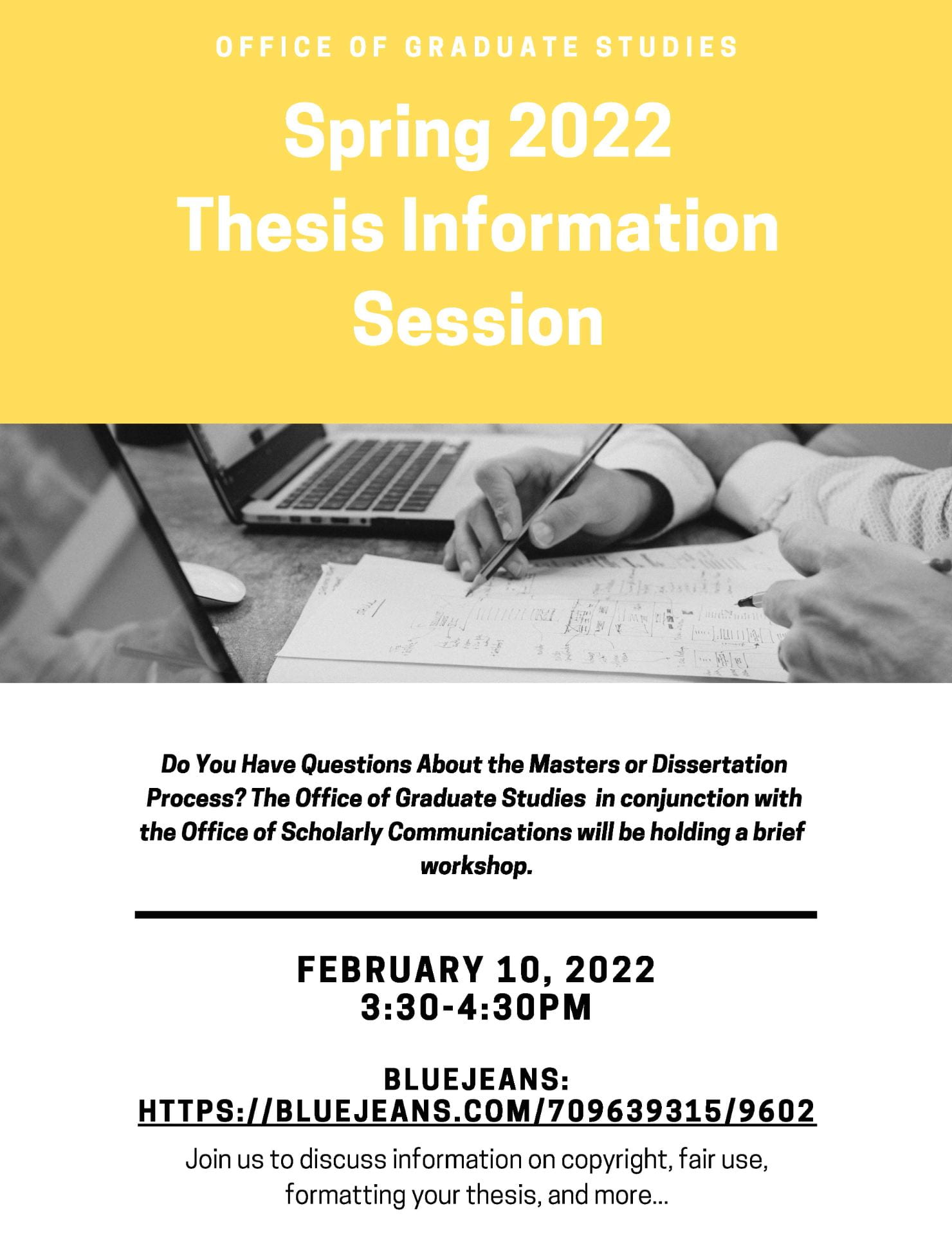Seminar Announcement – DEI in CEE – Jacob Tzegaegbe

Transportation as a means to deepen or bridge divides
Jacob Tzegaegbe Director of Expansion Via Transportation
January 26 – 5:00pm EST
https://bluejeans.com/962491375/4154
ABSTRACT
The built environment does not exist by chance, nor is it impartial. Today’s streets are a result of yesterday’s policy, deliberate decision making, and/or deliberate inaction. Thus, transportation is as much a tool to connect as it is to divide people from communities, amenities, and opportunities. In this talk, we’ll look at the impact of transportation over time and how it has been used (purposefully or with good intentions) to divide, displace, and discriminate. You may even learn that to see evidence of this type of division you may have to look no further than your nearest street sign.



